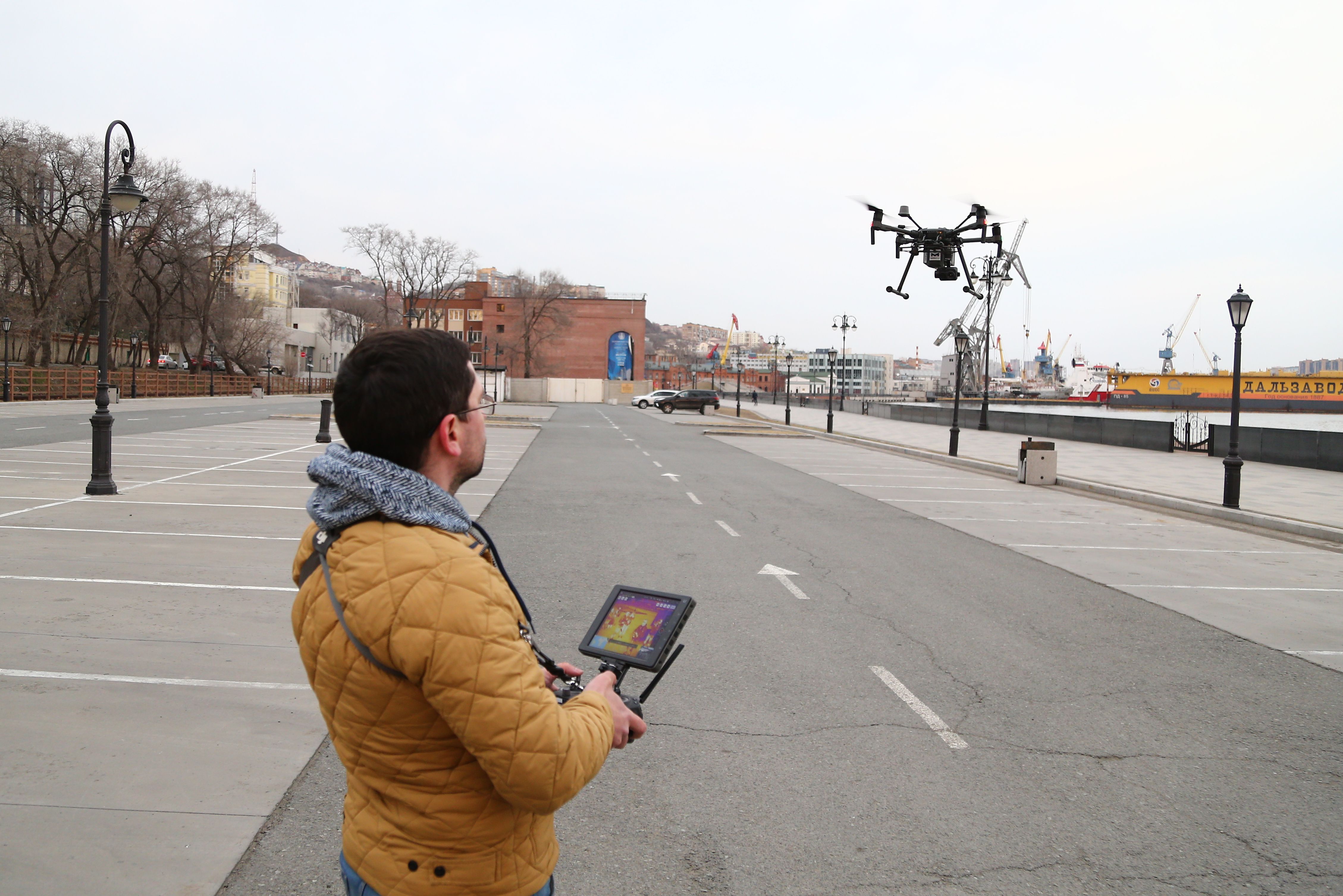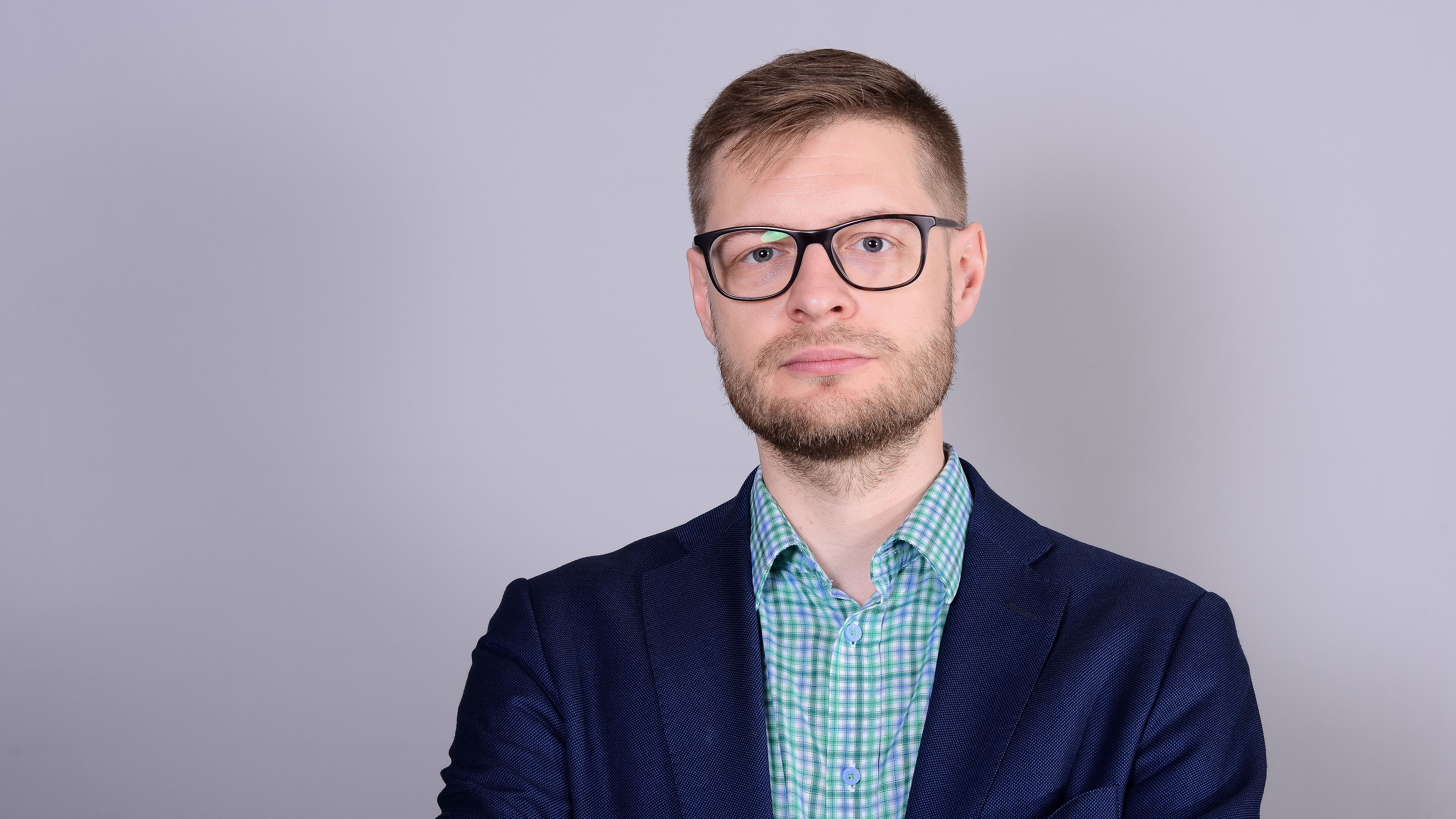Surveillance and Control: Russia during the COVID-19 Pandemic

Increasing State Repression
Russia has introduced relatively restrictive methods to fight the pandemic. Of 85 federation entities, 80 are under self-isolation orders, which means that residents may travel only up to 100 metres from their homes and solely to meet basic life needs. People over 65 have been banned from leaving their apartments. To enforce the restrictions, national guard units such as OMON, usually used to pacify manifestations, are engaged.
The authorities have radically raised administrative and legal penalties. Despite an average national salary of RUB 36,000 (in Moscow, RUB 66,800), the fine for breaking quarantine is RUB 2 million, and “deliberate infection” of other people is punishable by imprisonment of up to seven years. The deliberate dissemination of false information about the pandemic is punishable by a fine of up to RUB 10 million and a five-year prison sentence. These harsh measures have been used against several hundred social activists, journalists and bloggers, as well as medical workers for criticism of state institutions’ actions, including Russia’s healthcare system. More than 50 websites and social media channels, including some on Twitter and YouTube, have been removed at the request of the Russian authorities after the outlets were deemed unwanted content. Control of the internet and censorship was extended (e.g., since 2019, the dissemination of false information is punishable), hence the tightening of penalties in this area will probably be maintained after the pandemic eases.
The authorities have used the pandemic to enact laws that increase state repression. On 22 April, the Russian parliament adopted a project to extend police powers, authorising freer use of weapons and releasing police from criminal liability as part of their duties. The Duma is also working on a project that, when adopted, will close additional non-governmental organisations (NGOs) that receive foreign funding and completely expel foreign NGOs from Russia. Ultimately, the authorities will shape the NGO sector to one almost entirely dependent on state funding.
Testing Digital Surveillance
In 2018–2019, as part of Russian-Chinese projects (e.g., “intelligent police”), the local authorities in Moscow and Tatarstan, as well as delegations from Russian ministries, visited Chinese cities, including the centre of police innovation and branches of the Huawei group. They gathered experience in monitoring based on artificial intelligence. As a result, Russia bought industrial cameras from the Chinese tech company (Tatarstan and Moscow have already used them during the pandemic), and announced the installation of about 200,000 throughout the country. The equipment purchased from China is supported by Russian artificial intelligence, which in rea-time identifies faces, individual features (e.g. gender, age), and unusual behaviour. State institutions, including the FSB, provide support to domestic companies (mainly VisionLabs and Ntech), which develop artificial intelligence solutions, among others, an application that pairs photos with profiles on the Russian version of Facebook, VKontakte. Currently, they are constructing glasses equipped with facial-recognition systems for uniformed services to be used during demonstrations.
Other solutions borrowed from China are QR coding and a “social tracing” application. Downloading the application was mandatory for all people testing positive for COVID-19 who were undergoing home quarantine. It enabled tracking of the sick person (whereabouts, state of health, etc.) by accessing the full content of their mobile phones and making it available to the police, national guard, etc. For Muscovites forced to move around the city for work reasons, it was necessary to obtain a special QR code on their phone, which gave the authorities information about their location and health via geolocation and other databases. In mid-May, representatives of the Faster Payment System (managed by the Central Bank of the Russian Federation) proposed giving Russians individual QR codes to facilitate payments and applying for a loan. This solution would mean concentrating detailed personal data (e.g., financial history) in one code, probably with only apparent anonymity of data, most certainly accessible by the Russian authorities.
The implemented solutions will be connected to the General Centre for Data Protection and Processing, through which foreigners entering Russia are profiled. Access to the Centre’s database will be obtained by the FSB, which will use data in counterintelligence activities, among others, in cameras identifying biometric features located around foreign diplomatic missions in Russia, as well as offices of foreign companies and international organisations. Dissemination of these solutions simplifies and automates electronic surveillance. Testing is going smoothly in Russia since it has no great social resistance. Only 7% of Russians indicated the limitation of civil liberties among their fears related to the pandemic. The state media also informs that the measures will be used to fight terrorism and crime, which will meet with public approval.
Mass repression measures can be useful for the authorities in minimising the protest potential as the economic crisis worsens, thus attempting to safeguard the regime. The Russian state has not yet beaten back COVID-19, having one of the highest rates of it in the world. Forecasts for the Russian economy assume a threefold increase in unemployment and contracting GDP of between -3% and -10% in 2019, with a rebound only in 2022. The first signs of social discontent are already visible. In May, 41% of respondents did not approve of Russian President Vladimir Putin’s actions (highest in his time in office), and only 47% declared that in a referendum they would vote for constitutional changes enabling the Russian president to seek re-election (48% were against). This may herald the rise of anti-system sentiment and the outbreak of protests in the future. Digital surveillance is also a response to technological and generational changes. Since 2016, Russians living in large urban centres and in the 12-44 age group have been using the internet much more often, and not watching state propaganda channels, so from the authorities’ point of view they are potential sources of anti-government protest that should be controlled.
Conclusions and Perspectives
State repression is an immanent feature of Russia’s political system. Strengthening of repression during the pandemic is a continuation of policy of expanding the state apparatus of coercion and control, so it should be assumed that most of the solutions used will be maintained after stopping COVID-19.
In addition to securing the political system, the measures introduced will support early extinguishing of conflicts resulting from the multinational and income-diverse society, which makes the Russian state vulnerable to shocks.
Although Russia is modelling China in the field of digital surveillance, it implements it on a smaller scale. Even with the facade of democratic institutions, Russia’s introduction of repressive measures requires a legislative procedure and limited public debate in which, for example, the Chinese “social credit” system would be rejected.
Cooperation between Russia and China on surveillance technology may be disturbed by the fact that Russia intends to compete with China on sales of such solutions. Despite Chinese domination in this field in Central Asia, the Russian company Wega will install a CCTV system in Bishkek.
Russian solutions may be proposed by pro-Russia parties in EU countries, particularly the extension of the police to use weapons (e.g., in Italy, Matteo Salvini from The League, when he was head of the Ministry of the Interior, increased the powers of this formation) and digital surveillance (e.g., in France, National Front may want to extend the range of the Alem facial-recognition monitoring system).
In view of the potential profiling of foreigners in the Russian General Centre and the liquidation of European NGOs, the European Commission and the EU Member States should condition political and economic cooperation Russia on the exclusion of EU citizens from the Centre’s database and ceasing to expel European NGOs from Russia. If the Russian authorities claim to anonymise data in the Centre’s database, EU institutions should verify whether it is real.


